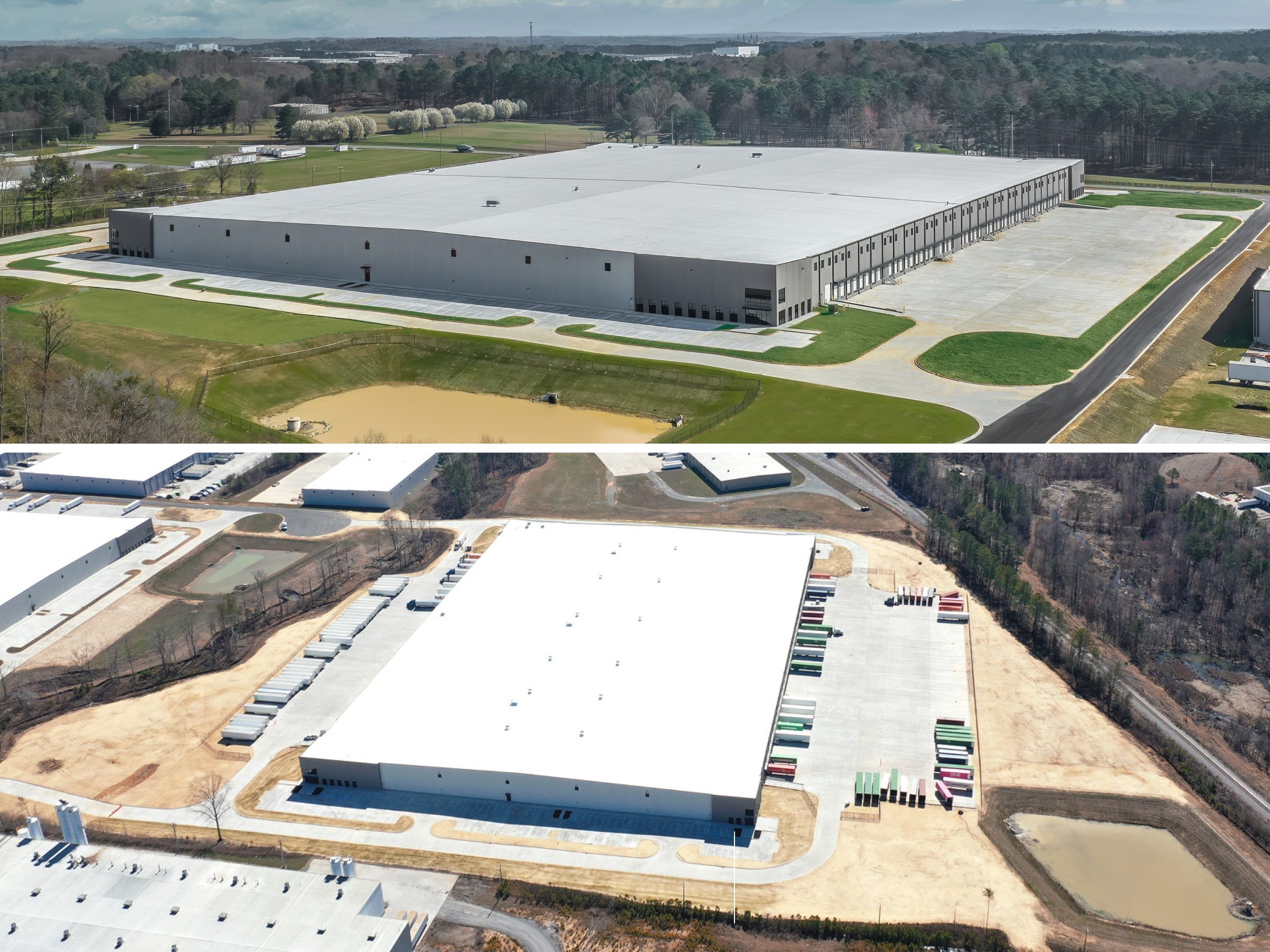D.C.’s Fall from Grace
It takes a record recession and tumultuous recovery to turn the real estate investment market on its ear. But when Washington, D.C., falls out of favor, one has to sit up and take notice. After all, through years of ups and downs, Washington has often been regarded as recession-proof, the market that doesn’t falter.
 It takes a record recession and tumultuous recovery to turn the real estate investment market on its ear. But when Washington, D.C., falls out of favor, one has to sit up and take notice. After all, through years of ups and downs, Washington has often been regarded as recession-proof, the market that doesn’t falter.
It takes a record recession and tumultuous recovery to turn the real estate investment market on its ear. But when Washington, D.C., falls out of favor, one has to sit up and take notice. After all, through years of ups and downs, Washington has often been regarded as recession-proof, the market that doesn’t falter.
To be fair, the nation’s capital has hardly vanished from investors’ wish lists. Jones Lang LaSalle Inc. found Washington’s first-half volume of core asset sales to be $5.4 billion, good enough to rank it third nationally. Yet signs that the bloom is off the cherry blossom are unmistakable. That impressive-sounding total reflects a year-over-year decline of $1 billion. A once-invincible office market is weakening under the strain of federal job cutbacks and government contractors’ rightsizing, contends Marisha Clinton, Jones Lang LaSalle’s director of capital markets research. During the first two quarters, office investment volume slipped 29 percent year-over-year, she noted.
Real Capital Analytics Inc. ranked the nation’s capital a distant 14th, with $2.2 billion in sales, a 33 percent drop from the first half of 2011. And a mid-year update on 14 key markets studied in the annual Emerging Trends report reveals fading investor enthusiasm—the biggest such drop, in fact, among the markets re-evaluated since the full 2012 study was released by PricewaterhouseCoopers L.L.P. and the Urban Land Institute. Chuck DiRocco, director of real estate research for PricewaterhouseCoopers, cited the chilling effects of overbuilding, high asset prices, government job cutbacks and economic uncertainty. “It’s a question of how much further can D.C. push this,” he observed.
Can D.C. bounce back? RCA ranked it even lower from 2006-2008, and fourth as recently as the first half of 2011. Foreign investors, too, continue to view it favorably. But investors who volunteered their strategies for CPE’s Special Report on the Best and Worst Cities for Investment are more cautious. Peter DiCorpo, president of the managed accounts group at CBRE Global Investors, expects to see little activity there before the November elections. And Kevin Smith, head of U.S. business & co-manager of the PRISA Fund for Prudential Real Estate Investors, cautioned that the city’s growth pace may be changing. “It feels like this may be a little bit more permanent than an election-year hiccup,” he said. For his part, RCA managing director Dan Fasulo sees an end to expanding government.
(For more investor strategies, plus the latest research, turn to page 27.)
Given the swollen federal budget and sky-high deficit, Washington may well run in second gear for at least the medium term. The good news is that despite its uncharacteristic shift downward, Washington remains unique. The challenge of finding sufficient risk-return balance in the face of intense competition for limited assets is systemic. But investors are turning up gems even in high-priced markets, and growth industries are giving rise to new possibilities. In these uncertain times, it seems, finding opportunity requires rebalancing strategy. And that is something successful real estate investors know how to do.
Suzann D. Silverman, Editorial Director






You must be logged in to post a comment.